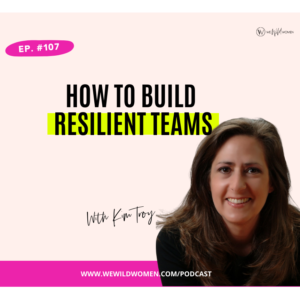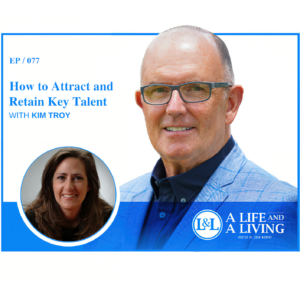Are we there yet? Have we – as a culture, a society, a species – finally reached that point where the sheer magnitude of advertising and marketing messages that each of us encounters in a day outpaced our ability to actually process any one of them? And if that is the case, could there actually be a benefit – to our culture, our society, and our species—to NOT use our social marketing channels to broadcast our every thought, opinion or activity?
Everyone’s a broadcaster
Let’s look at our current advertising and marketing landscape. Since the emergence of digital media (Google, Facebook, Twitter, and the list goes on), virtually anyone can now broadcast their message to very large audiences, 24/7/365. Such ready access to such powerful microphones makes many people (teenagers, anyone on Facebook and yes, some businesses) feel compelled to say something—anything—even if it isn’t particularly valuable or interesting.
The rest of us are the audience
Since virtually everyone on the planet has become a broadcaster, it means the rest of us—the audience—are now subject to a barrage of incoming messages with very few ways of filtering them out before they reach our ears, eyes, and brains. Combine digital marketing and advertising with other mediums, like TV, radio, billboards, sports arenas, park benches and buses, and you will agree that the collective noise has become downright overwhelming. Depending on who you believe, the average person sees anywhere from 250 to a staggering 5,000 advertisements a day.
Q: So, what’s a consumer to do with all this marketing noise?
A: Well, our brains handle this inflow (overflow) of information by simplytuning ALL of it out.
Q: And what’s a marketer, who wants to make sure their message somehow makes it through to the intended recipient, to do?
A: There’s a tendency for marketers to just speak more loudly and more frequently with the hope of somehow magically rising above the din.
But when you look at it that way, how crazy and fruitless is that?
Practice mindful marketing
As marketers (yes, we get paid by clients to create and place messages on a variety of digital and traditional channels), we know that when it comes to content and its distribution, sometimes less is more. As expert marketers, it’s our responsibilityto practice mindful, intentional, purposeful marketing. That means our aim is to not contribute to the noise, but instead responsibly produce content on behalf of our clients that has value and worth.
To that end, we’ve created a set of standards for ensuring the content we create – whether for our own channels or for those of our clients—is something the intended audience will find useful. Here are our standards for deciding whether a piece of content is worthy of putting out there:
- Does it have the 4 “I’s?” Is it Informative, Interesting, Insightful and Intelligent? If what you have to say doesn’t inform your audience, pique their interest, make them think differently, or respect them as intelligent individuals, it’s best to forego it.
- Is it Relevant to the audience?Will it strike a chord with the audience of readers, whomever that audience may be? Relevant content doesn’t try to reach everybody; rather, it is meant to resonate with a small group of people who will care about what the message is. If the message gets too broad it loses relevancy and in that case, it would be better to say nothing at all.
- Does is provide Value?Will the recipient of the message feel it is a gift? Valuable content will add to the conversation, impact readers, and inspire action. Will this message add to people’s lives today, or is it just noise? If it’s the latter, it’s best to do the responsible thing and not post it.
That’s right—We just said (3 times) that sometimes you SHOULDN’T put content out there.
Improving upon the silence
Mahatma Gandhi, a man of few but profound words, once summed this up quite eloquently. He said, “Speak only if it improves upon the silence.”
We advise our clients to follow that same principle. Think before you write, post, or tweet, and make sure that whatever you’re putting out there will add to the conversation, not to the noise. And yes, we’ve even advised our clients on occasion that the most impact they could have at a particular moment is to say nothing at all.
If nothing else, following Gandhi’s example would at least boost the overall quality of our messages. After all, if he were still with us, you can be darned sure he wouldn’t tweet something like: “Great brunch @MeditationCafe. Mmm, yogurt and mangoes. Yummy! #delicious.”










